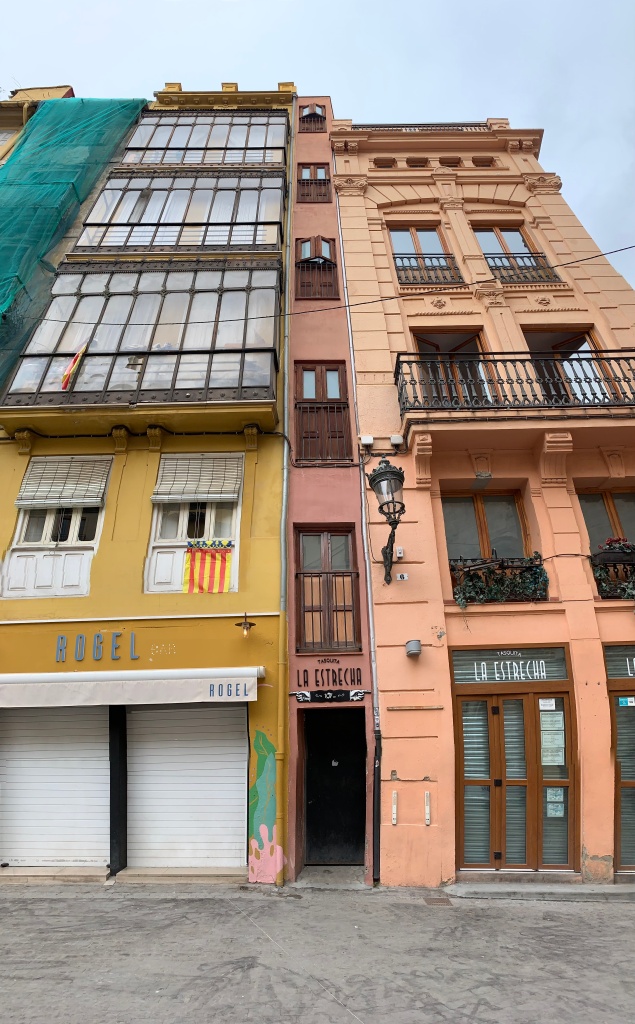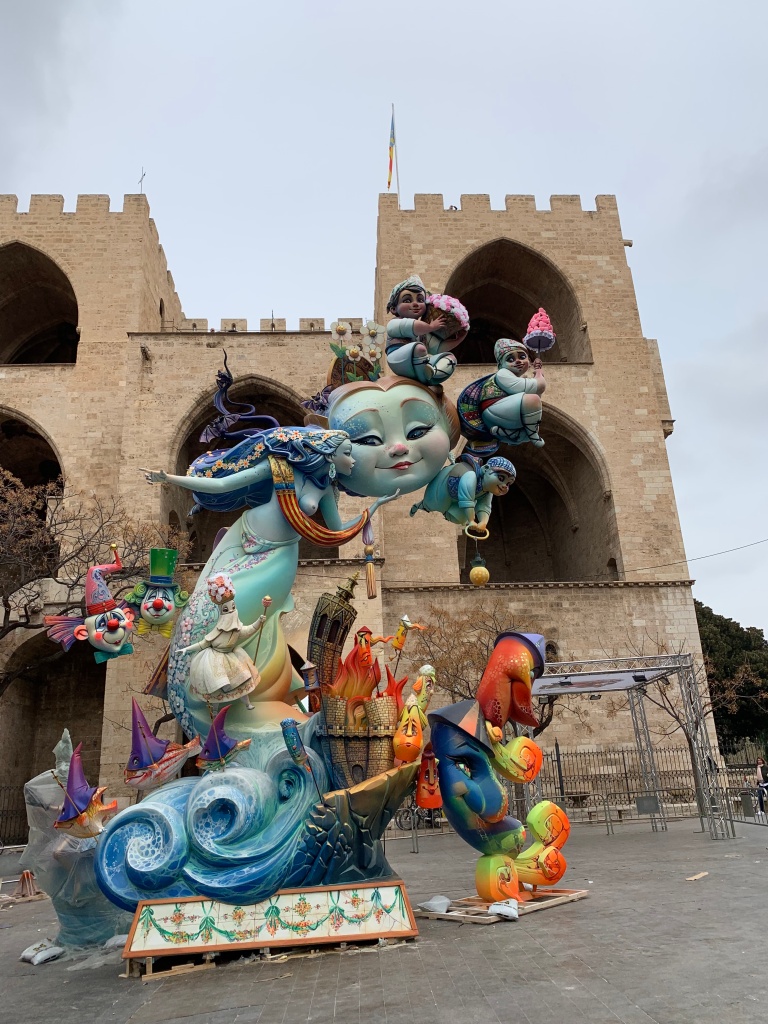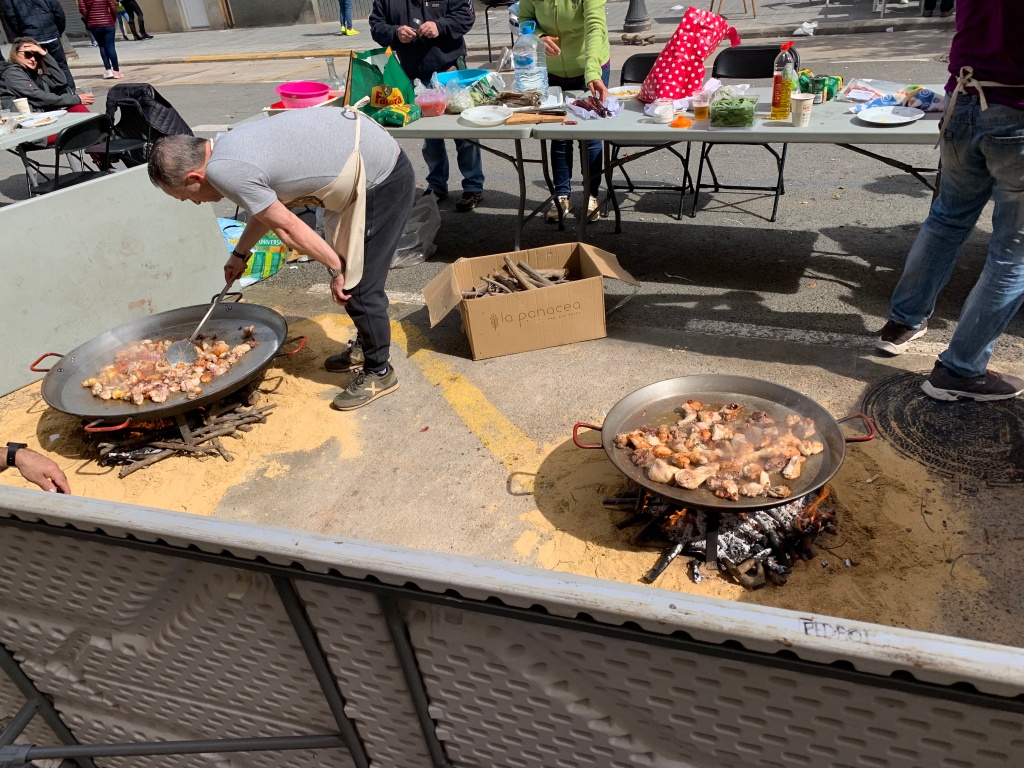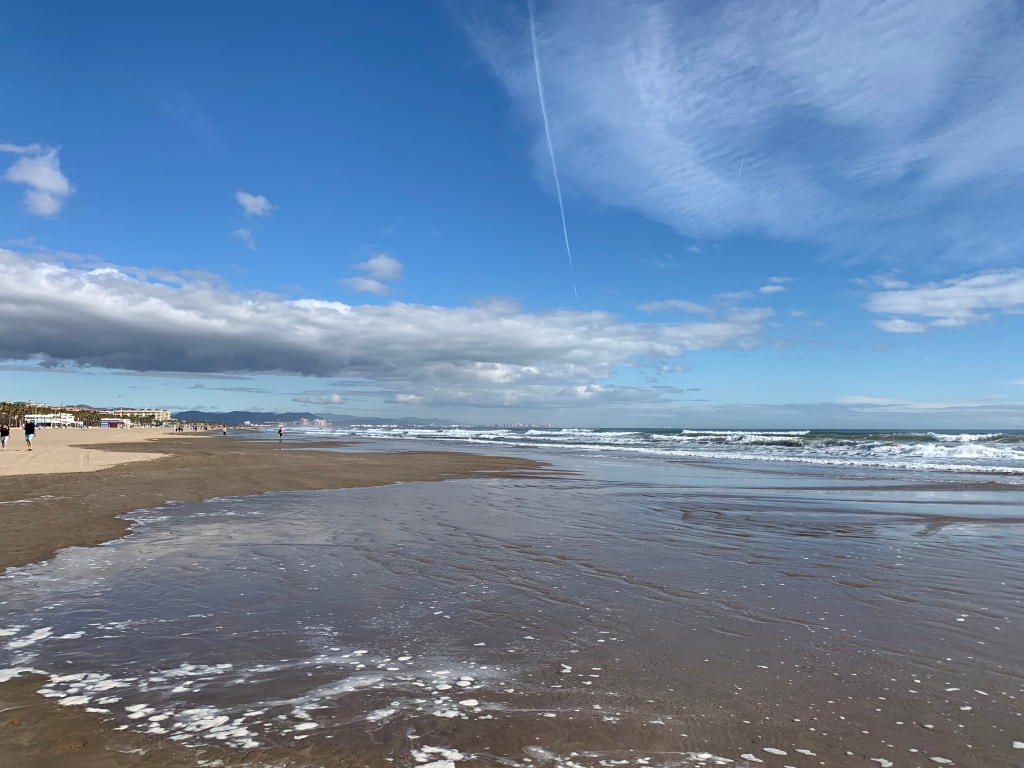I’m happy to introduce my guest blogger, someone who is also a traveller, learner, and always curious about life. And, he is passionate about coffee! Welcome to Probe and Ponder, Nathan Sawatzky (yup, my son 😁) Nathan has just launched his newest blog site…check it out!

“Dear Howard,
I was a partner at Starbucks (on and off) for six years. It took me three tries to get a job, and after my first stint with Starbucks, I was let go before my probation period was up. I’m pretty sure I was a great barista, but I was young and probably had things to learn. This experience was the first of many formational experiences that I would receive at Starbucks.
A YEAR LATER, when I joined again, I was trained by a store manager named Jamie, who used to sing to the customers in line. They loved him, and I learned so much from him. He embodied the third space , and he deeply loved coffee! I learned from him how contagious a love for coffee was, and still to this day, I love sharing my passion for coffee, making a french press for friends and coworkers, and then just talking through what we taste in the coffee.
I spent a couple of years working in a mall where, after we introduced Frappuccino’s to the world, that’s all anyone wanted. We were blending coffee, and at this very busy mall kiosk, I learned how little time I had to make an impact on someone’s day. I learned how critical 30 seconds can be, and I learned how to make the most of those 30 seconds. At every opportunity, I shared my favourite coffee, I would joke about what was happening in the world, and I watched customer after customer smile as they left our kiosk (except for the one lady I congratulated for being pregnant, I learned never to do that again).
Eventually, I became a supervisor and learned how to balance operations with inspiration. I may not have been the quickest closer, but I’m confident that those on shift with me felt fulfilled after their shifts. Here I learned that leadership was more than just being inspirational and charismatic; it was also being the person who would work harder and take on the tasks no one else wanted.
My last post at Starbucks was as part of a team that opened a high-volume store with a drive-through. I was exhausted after every shift, but by that point in my time at Starbucks, I got to spend a lot of time training new partners, and I loved it! It wasn’t as common to have managers who loved coffee as much as Jamie did anymore. Still, I did my best to channel Jamie’s love for coffee and made it a personal mission to excite as many people as I could about how vital coffee was, not just because it’s the best tasting liquid on the planet, but because of how it brings people together. The third space was, and still is, wholly intertwined with crafted beverages. I remember hearing about how you would sometimes take a shift at the Pike Place store and do tastings with guests and partners. Here I gained another lesson in leadership; you should never be too important to get involved with the core business.
I left Starbucks to join a soon-to-launch virtual world called Club Penguin. If memory serves, you too had stepped away from your post at the company.
During my time at Club Penguin, I’m not afraid to admit that so much of the training our support and safety reps was based on the training I received (and delivered) during my time at Starbucks. I’m only a little shy to admit that probably half of our early employees were recruited directly from the store. If I received good service, I would hand them a card and invite them to come in for an interview. You might at least be happy to know that many of those former partners went on to do really amazing things in my industry.
Eventually, Disney purchased our company, and we began to open global offices. I was in Australia building our new team around the time that you announced your return to the CEO role, and I saw a bunch of stores closed that week in Sydney. I also remember the day that you shut down the stores around the world (I think I was in Brazil) to reconnect the partners with coffee and the espresso machine. I was so impressed that we did a whole training module with our now global teams about how important it is never to forget what your core business is.
I’ve since gone on to work for several large (and small) technology companies. My focus these days is on online safety and digital civility. I still love coffee, although I will confess that some of the smaller roasters here in Europe have taken a prominent role in my coffee rotation. But, as I travel the world, finding a local Starbucks has been a priority wherever I go. I love seeing how the vision I was taught so many years earlier is expressed in different cultures. I think you’d admit that keeping those values front and centre wasn’t easy; I can relate. As Club Penguin grew, trying to keep the passion for our players at the heart of all our teams was increasingly difficult. I think you’d probably have some significant bits of wisdom to share about what you’ve learned over the years; I hope to drink some coffee with you one day and hear that wisdom.
My kids just finished reading “Pour Your Heart Into It,” and they loved it. My four oldest can make a fantastic cup of coffee in both a pour-over and an AeroPress. Starbucks, and yourself, continue to inspire a new generation of people trying to figure out how to find their passion and bring their best to the market.
You’ve just become the CEO again, and I am rooting for you. Congrats on all that you’ve accomplished, but more so, thank you for all you’ve taught me. Your vision and style have deeply influenced me and, in turn, have influenced others.
Warmly,
Nathan Sawatzky
PS. We almost met once, but some events transpired, and that opportunity was lost. I am led to believe, though, that you at least heard about how deeply Starbucks inspired the community team at Club Penguin. In case you didn’t, though, now you have.”
If you want to know more about Nathan and all he’s into, you’ll find him right here!

























